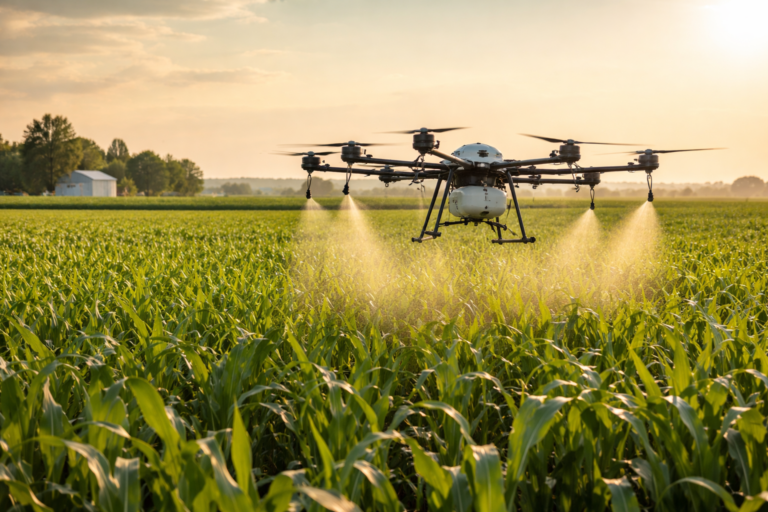
Awareness of healthy and sustainable food systems is growing, but the latest FoodMinds 2024 Conscious Consumption Index (CCI) reveals that fewer than half (42%) of consumers purchase healthy, sustainable options during most of their grocery shopping trips.
The report, based on a survey of over 3,000 consumers from the U.S., Canada, and the UK, highlights that price is the main obstacle to buying healthy and sustainable foods. Other significant barriers include skepticism about marketing claims and concerns over transparency in food production.
“Consumers are becoming more conscious of how their food choices impact their health and the environment. However, a significant gap still exists between awareness and action. At FoodMinds, we see opportunities for education, transparency, and industry leadership to help bridge this gap, enabling consumers to make informed, sustainable choices,” said Lauren Hoffman, MBA, RD, Vice President of Healthy, Sustainable Food Systems at FoodMinds.
Defining Healthy, Sustainable Foods: Nutritious and Organic Take the Lead
More than half of the consumers surveyed associate healthy, sustainable foods with being nutritious (56%) and organic (51%). Other common associations include environmentally responsible, planet-friendly, and plant-based. The perception of affordability as part of sustainability has grown since 2021 (53% compared to 46%), though it remains a less common association.
Key Purchase Drivers: Price, Taste, and Healthiness
Price is a crucial factor for most U.S. consumers (51%) when buying healthy, sustainable foods, followed by taste (48%) and healthiness (39%). These patterns are consistent with 2021 findings and similar across Canada and the UK. Other considerations, such as recognizable ingredients and positive nutrients, are also important, while factors like plant-based options, fair labor certifications, and environmental impact rank lower in priority.
Consumers Seek Industry Leadership and Transparency
The CCI emphasizes the need for food companies, NGOs, and governments to take action to build trust and promote a sustainable future. About a quarter of consumers prioritize transparency in the supply chain, 21% look for noticeable changes in product formulations, and 20% value partnerships with public health and environmental organizations.
“Consumers understand the role they play in making healthier and more sustainable choices, but they also expect food and beverage companies and government agencies to lead the way in transforming food systems. Organizations that demonstrate clear, credible commitments to health, wellness, and sustainability can foster trust and loyalty among key consumers,” stated Andrea Carrothers, MS, RD, Senior Vice President and Group Lead at FoodMinds.





